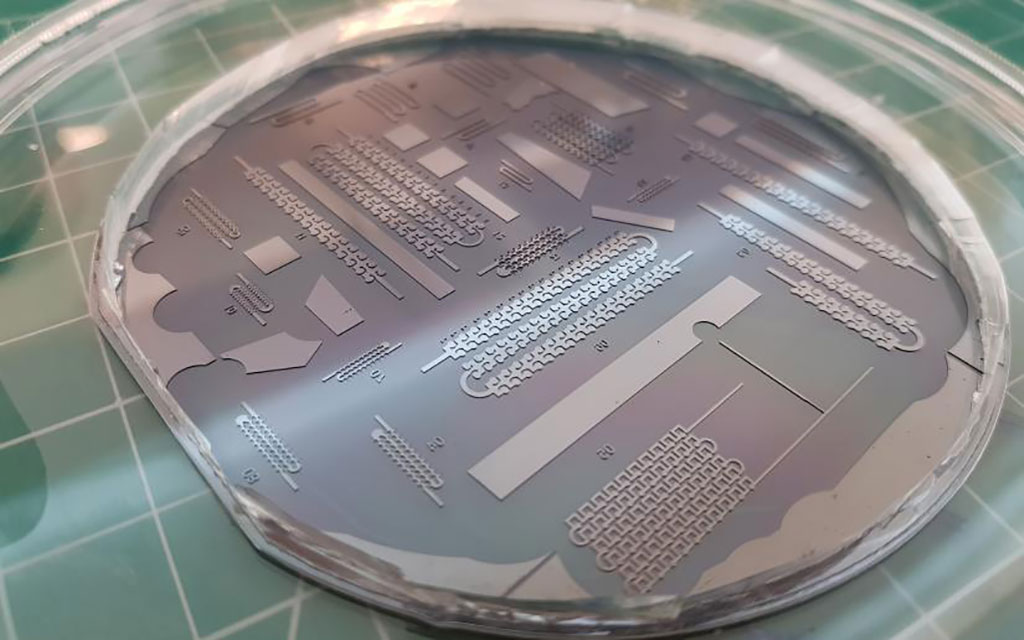New Device That Detects Cancer Cells Could Help Avoid Invasive Biopsy Surgeries
Posted on 28 Feb 2023
Cancer is a major contributor to illness and death, and those with suspected cancer may need surgery for a diagnosis, especially for liver, colon or kidney tumors. Unfortunately, biopsies can be uncomfortable, costly, and increase the risk of complications due to surgery. To resolve this problem, researchers have created a new device that can detect and analyze cancer cells from blood samples. This could eliminate the need for a biopsy surgery, as well as allow doctors to monitor treatment progress more accurately.
Researchers from the University of Technology Sydney (UTS, Sydney, Australia) have developed the Static Droplet Microfluidic device, which can quickly detect tumor cells that have migrated away from a primary tumor and into the bloodstream. The device utilizes a distinctive metabolic signature of cancer to separate tumor cells from regular blood cells. After tumor cells are located with the device, they can then be studied genetically and molecularly to support diagnosis and classification of the cancer, allowing for more personalized treatment options.

Circulating tumor cells are a precursor of metastasis, which is responsible for approximately 90% of all cancer-related deaths. Studying these cells may offer greater understanding of the biology behind cancer metastasis, which can help in the development of new treatments. The current liquid biopsy solutions are slow, expensive, and require specialist operators, restricting their use in clinical settings. This new technology is designed to be integrated into research and clinical labs without needing expensive and complex equipment or a trained operator, making it practical and cost-effective for doctors to diagnose and monitor cancer patients.
“Managing cancer through the assessment of tumor cells in blood samples is far less invasive than taking tissue biopsies. It allows doctors to do repeat tests and monitor a patient’s response to treatment,” said Professor Majid Warkiani from the UTS School of Biomedical Engineering.
Related Links:
University of Technology Sydney














